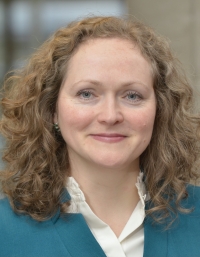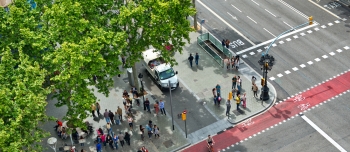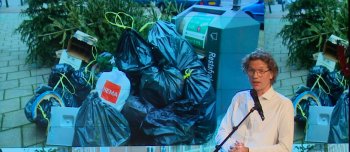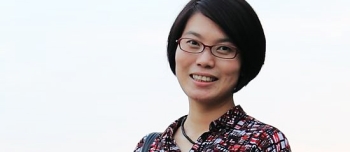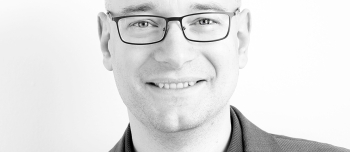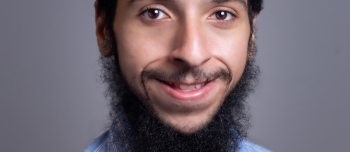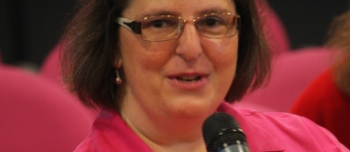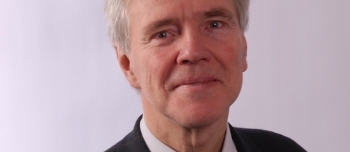Closer Cities aims to create a bridge between urban science and urban practice. By collecting projects on urban practice, analysing them on the shoulders of urban science and sharing research outcomes, urban knowledge becomes shareable. In the ‘5 questions’ series, we ask scientists to briefly reflect on their research and the shareability of their insights and projects
1. What is the main focus of your research (topic, theme, SDG, region)?
My research is about understanding behavioural change in face of climate change, the cumulative impacts of these individual choices, and social mechanisms of transformative change/ regime shifts/ tipping points in social systems. It is related to SDG 11 and 13 (adaptation and climate resilience in cities; mitigation ). My ERC project focuses on 4 cases: Rotterdam in NL, Houston and Miami in USA, Jakarta in Indonesia, and Shanghai in China.
2. Can you give a brief description of your research?
I use spatial agent-based models, usually at urban and regional scale, and combine that with social surveys on individual choices, see more here. Within my VIDI project, we also use natural language processing AI methods to analyse historic data on urban areas adapting to hazards like floods. This is to understand how we can enable positive transformations to sea level rise in delta cities. I also lead the 4TU. Resilience Program DeSIRE funding 16 Tenure trackers and about 20 PostDocs across the 4TUs, and linking many international Resilience Fellows into our network, read more here.
3. How much influence does ‘local context’ have in your field of work? Can results or solutions from your research be shared with other regions easily, and why?
It is always contextualized, but we also do cross cases comparisons. Read more here.
4. What are the main lessons learned that can be used by urban initiatives?
- Path dependence matters
- Individuals and households play a big role cumulatively
- Governmental policies may provoke unintended consequences if they do not account for socio-economic feedback they would create
5. How do you think cities can implement these lessons?
In their strategic planning for climate change adaptation and for making cities more climate-resilient. For amplifying their mitigation goals.
